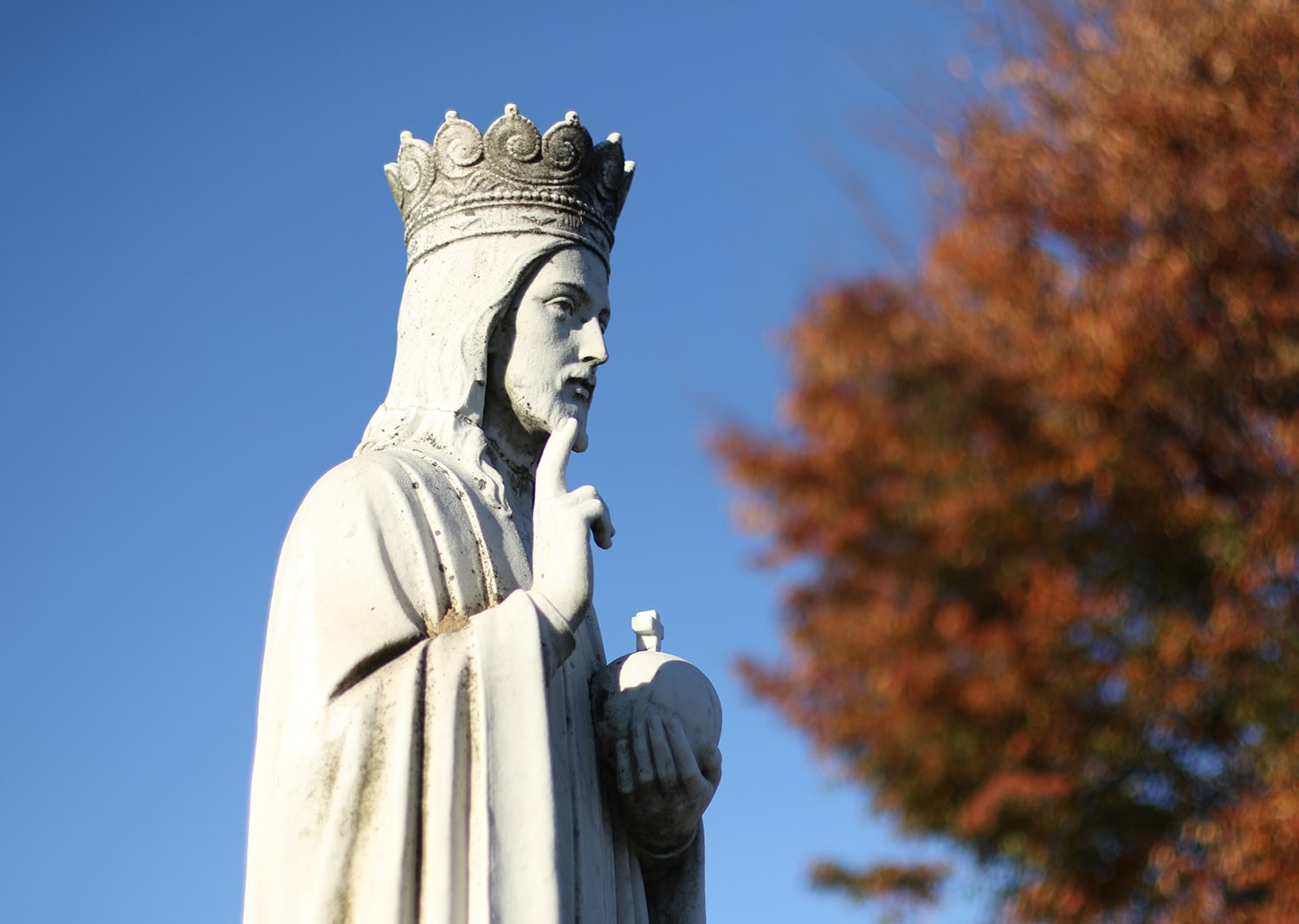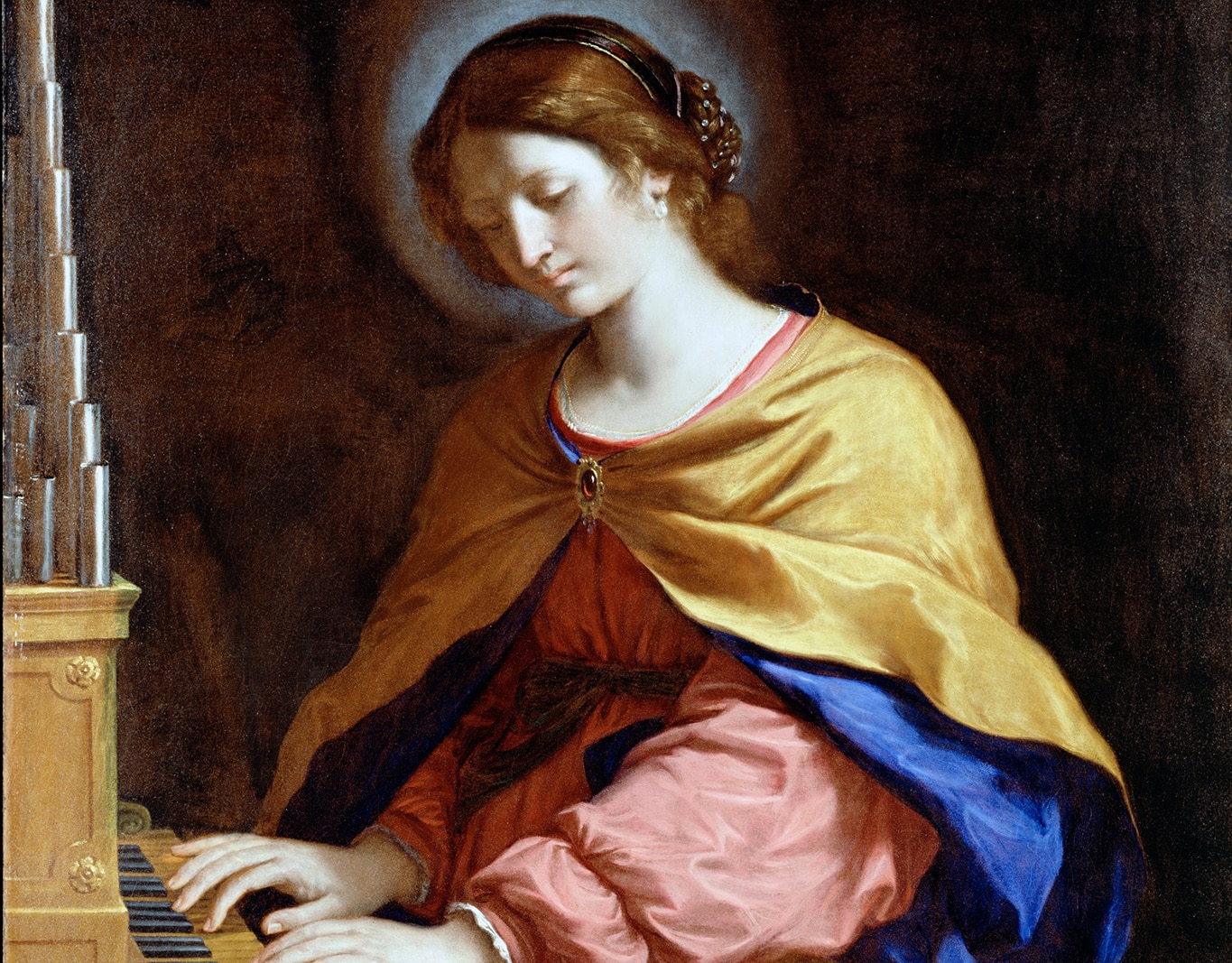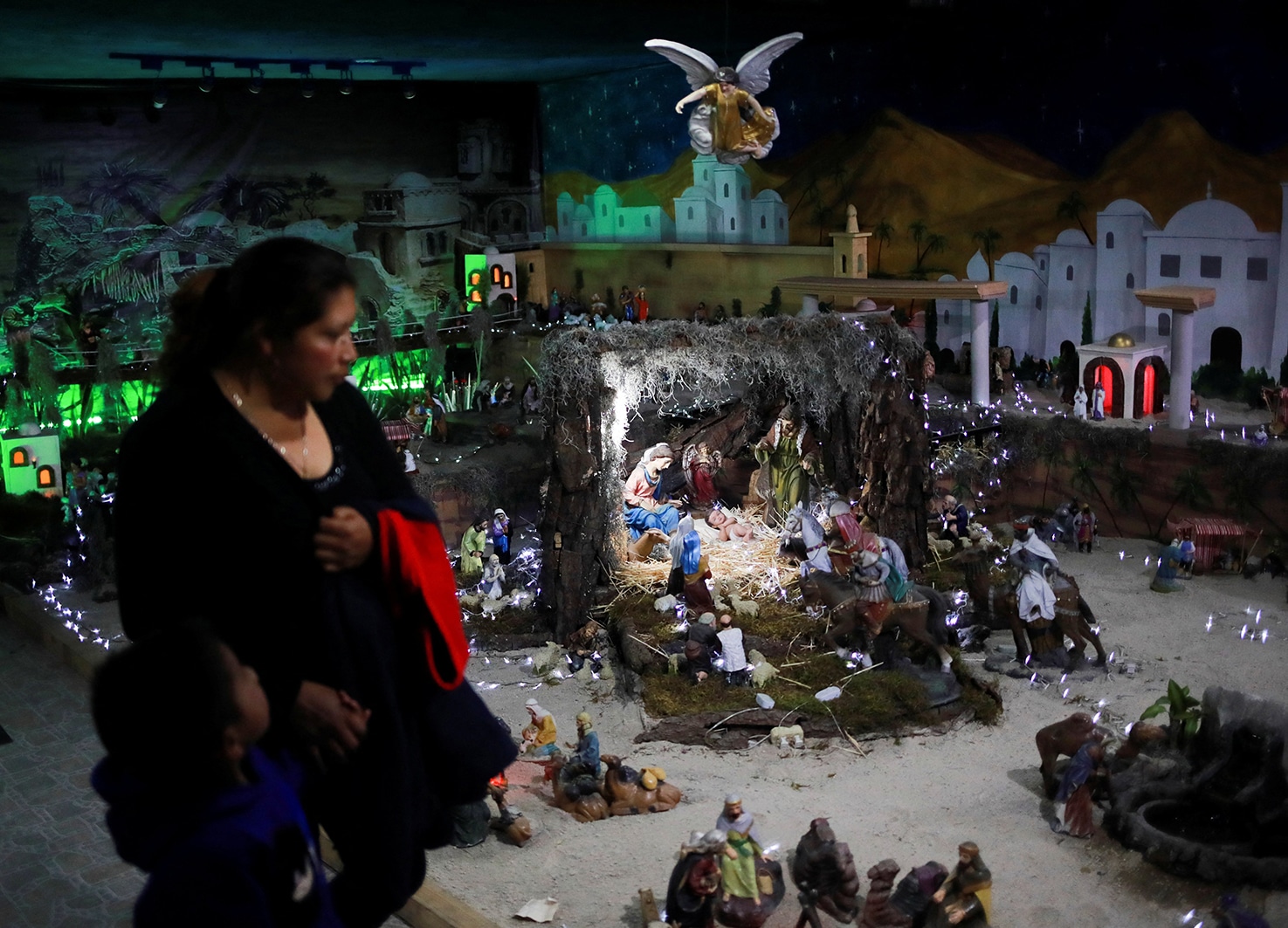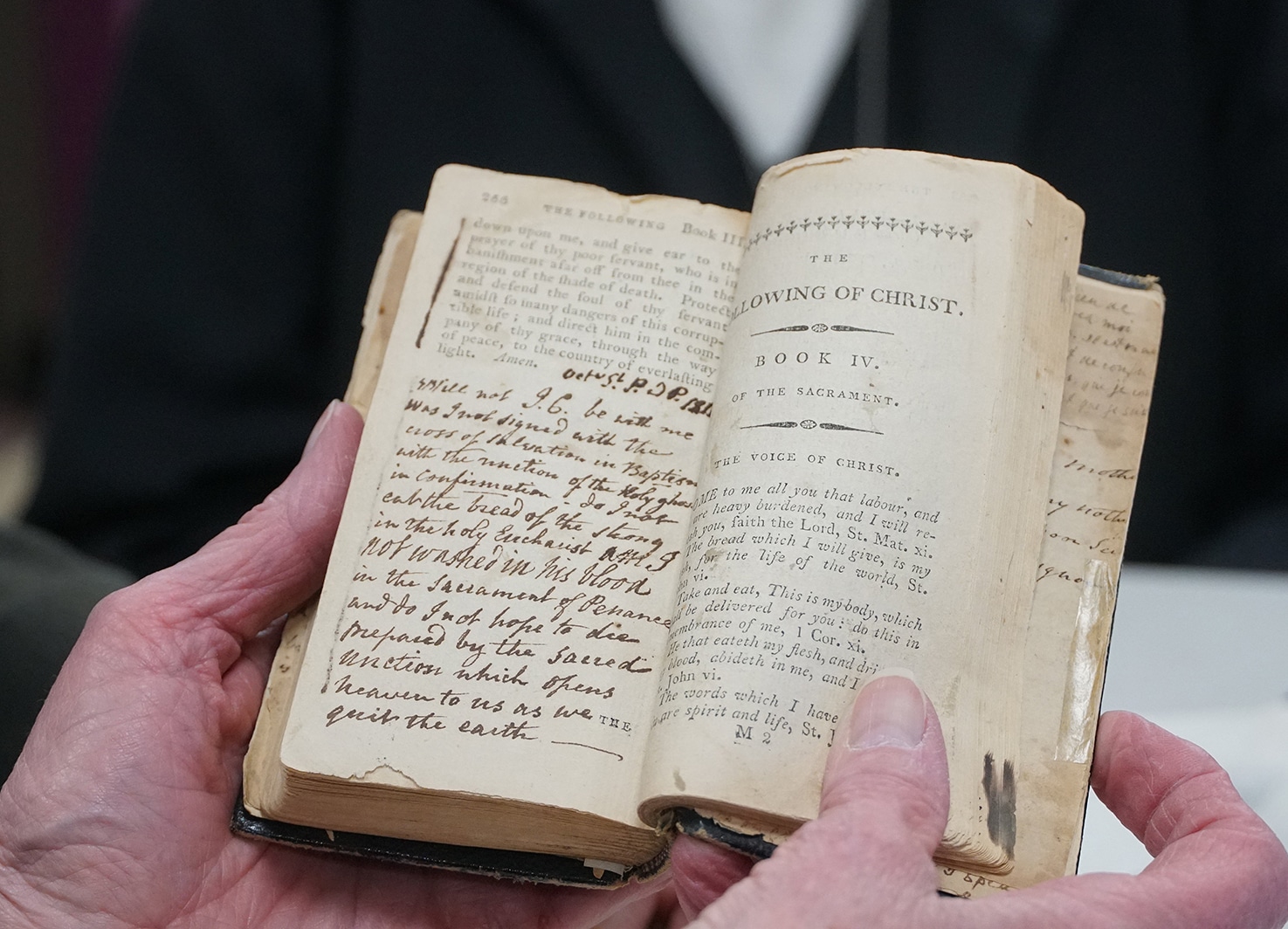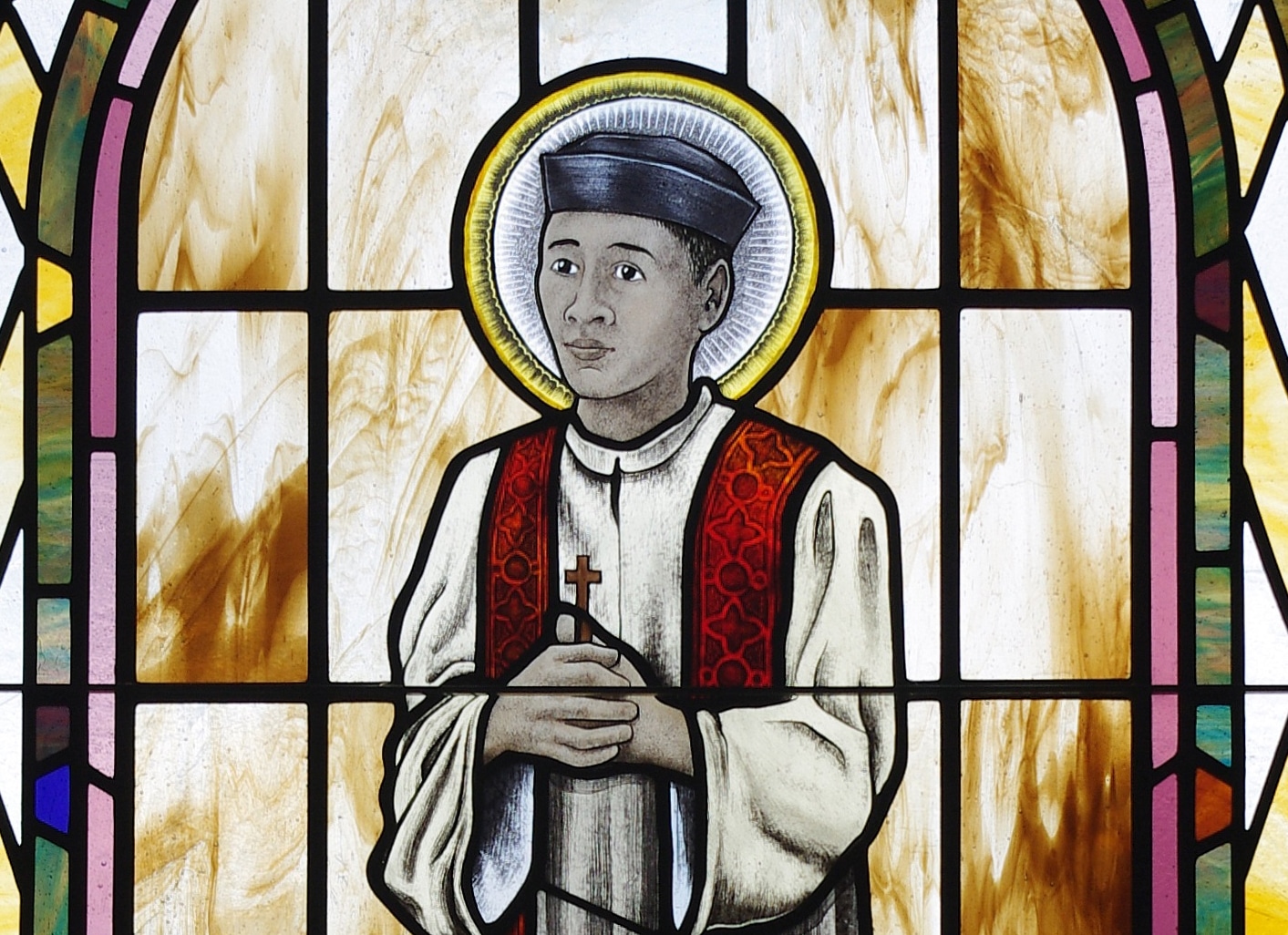In his 1925 encyclical letter Quas Primas, Pope Pius XI established the Solemnity of Our Lord Jesus Christ, King of the Universe. Since that doesn’t exactly roll off the tongue, we typically shorten it to the Feast of Christ the King. We celebrate this feast on the last Sunday of Ordinary Time, which is also the last Sunday of the liturgical year. But it was not always so.
When Pope Pius instituted the feast, he set it on the last Sunday of October. In 1969, Pope St. Paul VI moved the Feast of Christ the King to its current place in the calendar. Pope Paul did this to emphasize the strongly eschatological vision of Pius XI’s encyclical, Quas Primas. By moving it to the last Sunday of the year, Paul incorporated the theology of Quas Primas into the liturgical life of the Church.
Placing the feast on the last Sunday of the year illustrates that all time and things are ordered toward their true purpose and ultimate resolution under the Kingship of Christ. This is what we mean by the “eschatological vision” of Quas Primas.
In the Catholic tradition, eschatology is not concerned with mere speculation about the end times. Rather, we take the ultimate peace of heaven and rest in God as the ordering principle for our lives here and now. Eschatology names the final end toward which our moral, liturgical and prayer lives are ordered in the here and now. By subordinating our lives now to the authority of Christ the King, we order them toward our final rest.
A call to follow the king
To be sure, the Feast of Christ the King is a call to personal discipleship. Christ must “reign in our minds … our hearts … and our bodies” so we “assent with perfect submission and firm belief” to Christ’s lordship and the Church’s teaching, as Pope Pius XI wrote. Our submission to Christ is not simply personal or private but should also manifest in our public and political lives.
When we acknowledge Christ as King, we publicly declare that all other commitments are subordinated to, and thus relativized by, the sovereignty of Christ. His Kingship is bordered neither by time nor place. “When once people recognize, both in private and in public life, that Christ is King,” explains Quas Primas, “society will at last receive the great blessings of real liberty, well-ordered discipline, peace and harmony.”
By establishing the feast, Pope Pius took particular care to emphasize that submission to Christ is not simply a personal or private mandate but applies to governments as well. The call to public confession of Christ as King naturally has implications for nations and rulers of nations.
Caesar’s coin
Pope Pius XI’s broader call is for nations to submit to the truth of the Gospel, both for their citizens’ salvation and the proper ordering of public life. “If … rulers of nations wish to preserve their authority,” he declares, “to promote and increase the prosperity of their countries, they will not neglect the public duty of reverence and obedience to the rule of Christ.”
The responsibility of governments to acknowledge the Kingship of Christ, explains Pius, is actually an extension of the very authority God gave them. “Our Lord’s regal office invests the human authority of princes and rulers with a religious significance,” he explains. “It ennobles the citizen’s duty of obedience.” Pius does not invoke the scene of Caesar’s coin from the Gospels, but his account of the authority given to governments by God himself echoes the famous interaction.
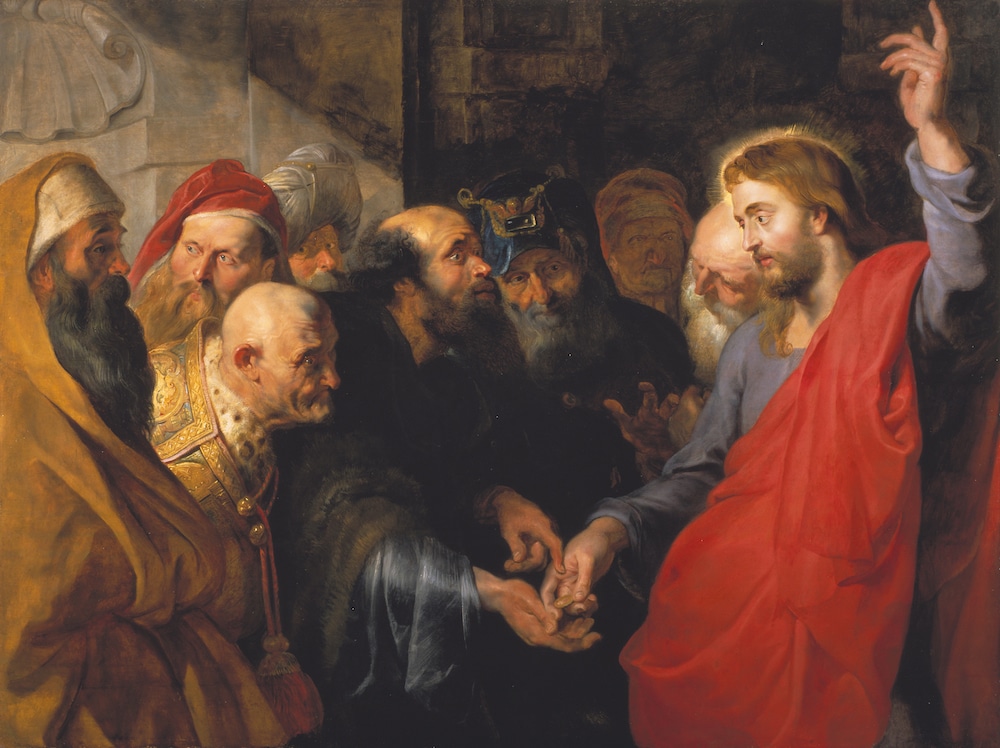
When Jesus is confronted with the question, “Is it lawful to pay taxes to Caesar,” his interlocutors were not really interested in learning something. Rather, their intention was to provoke Jesus to deny the government’s authority. This would be treasonous, of course, hastening Jesus’ arrest. But his accusers were disappointed by his answer. After asking whose image is on the coin, Jesus said, “Repay to Caesar what belongs to Caesar and to God what belongs to God.” Not only did he fail to deny the authority of Caesar, he seemed expressly to affirm it.
God’s image is everywhere
But this affirmation is highly qualified. Caesar’s image is on the coin, yes. But God’s image is everywhere. Thus, we owe qualified obedience to Caesar, Jesus is saying, but absolute obedience to God. In fact, it is precisely the absolute authority of God that qualifies Caesar’s authority. As Pius XI indicated in Quas Primas, even the authority of Caesar is ceded to him by God.
This limited qualified authority of government, and our duty of obedience, is further explained by St. Paul. “Let every person be subordinate to the higher authority,” directs St. Paul, “for there is no authority except from God, and those that exist have been established by God” (Rom 13:1). Government exists by God’s establishment and, thus, under his authority. Therefore, St. Paul continues, we are to obey the government not merely from fear of the government’s power “but also because of conscience” (Rom 13:5).
Of course, if government is established by, and is under the authority of, God, the government has a duty to act consistently with the God who granted it power. That is to say, governments ought to acknowledge Christ as King and order nations’ affairs accordingly. Thus, St. Paul concludes, “Pay to all their dues, taxes to whom taxes are due, toll to whom toll is due, respect to whom respect is due, honor to whom honor is due” (Rom 13:7).
But this implies that sometimes governments are not due taxes, respect and honor. When that occurs and what our response should be are larger questions than this article can answer. But it does draw our (or any) government into stark relief of Pius XI’s call in Quas Primas for all authority to acknowledge Christ as King. And it challenges us to a deeper understanding of how our lives are also so ordered.

